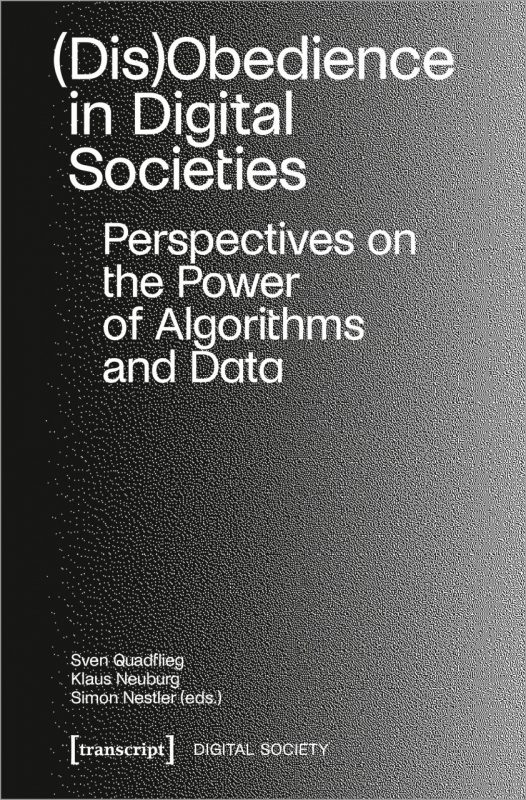
Dostoevsky’s „Notes from the Underground“ from 1864 is not only one of the most famous and influential novels of Russian literature in Europe but is itself essentially shaped by experiences that Dostoevsky wrote down after his first trip to Western Europe in 1862. The first part in particular takes up a phenomenon that was of decisive importance for the history of design: Joseph Paxton’s glass-and-iron construction, which was erected on the occasion of the first London World’s Fair in 1851: the so-called Crystal Palace as an architectural symbol for an enlightened new type of man, dedicated to materialism and science. What Dostoevsky takes offense at here can most easily be summed up in the formula of optimistic regulatory thinking, which from then on was to be exemplary for the fate of modern governmentality. What he opposes to this is a pessimistic cultural critique, which for its part is interspersed with clear ambivalences, but which, not least because of this, raises the critique of progress to a new level of debate: Against the „two times two equals four“ of a smooth rationalism, a voluntaristic irrationalism is brought into position, which exposes the abysses of the condition moderne and turns the epochal picture into a real panorama.
The question of algorithmization in the sense of a social technology, as it becomes thematic again today, is thus not only revealed in its historical path dependency, but also reveals itself at the same time as bound in an inescapable dialectic of obedience and disobedience: How far can the rationalization of society be advanced before, with Dostoyevsky, the shift towards a conscious irrationalism of the mere act of will, out of protest, of the fanatical anti-reflex, finally of the radical negation of every form of social regulation threatens? The question at the bottom of this modern problem is: Is there a resentment of following rules? Furthermore, what does freedom mean as autonomy in this context? Especially today, in the midst of our „algorithmic culture“, this underlying dialectic of (dis)obedience seems more effective than ever.